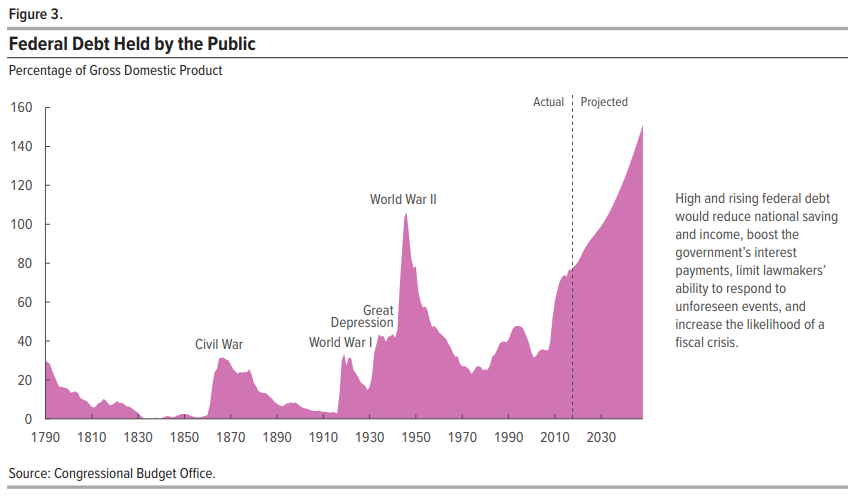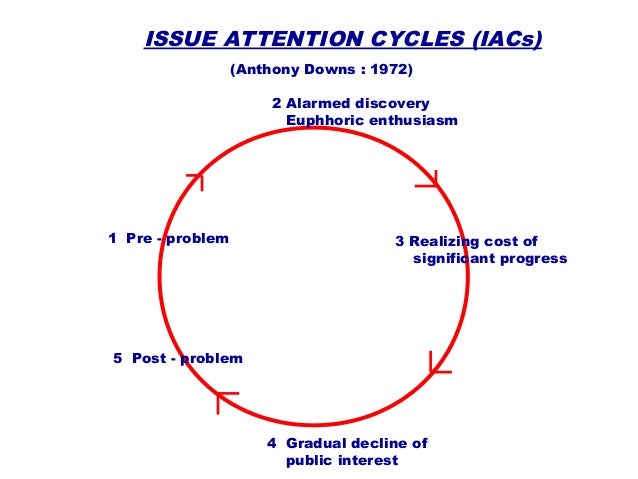Madison again:
As long as the reason of man continues fallible, and he is at liberty to exercise it, different opinions will be formed. As long as the connection subsists between his reason and his self-love, his opinions and his passions will have a reciprocal influence on each other; and the former will be objects to which the latter will attach themselves.
...
Those who hold and those who are without property have ever formed distinct interests in society. Those who are creditors, and those who are debtors, fall under a like discrimination. A landed interest, a manufacturing interest, a mercantile interest, a moneyed interest, with many lesser interests, grow up of necessity in civilized nations, and divide them into different classes, actuated by different sentiments and views. The regulation of these various and interfering interests forms the principal task of modern legislation, and involves the spirit of party and faction in the necessary and ordinary operations of the government.Hamilton argues against representation by occupational category:
It is notorious that there are often as great rivalships between different branches of the mechanic or manufacturing arts as there are between any of the departments of labor and industry; so that, unless the representative body were to be far more numerous than would be consistent with any idea of regularity or wisdom in its deliberations, it is impossible that what seems to be the spirit of the objection we have been considering should ever be realized in practice.ABRAHAM LINCOLN DID LOBBYING.
And the First Amendment specifically protects the right to petition government:
Congress shall make no law respecting an establishment of religion, or prohibiting the free exercise thereof; or abridging the freedom of speech, or of the press; or the right of the people peaceably to assemble, and to petition the Government for a redress of grievances.
Ethics Code for Lobbyists
Abramoff
After Abramoff came reforms (Drutman 226) with loopholes, as National Journal reports:
The 2007 rules prevent a lobbyist for a corporate client from planning or paying for a lawmaker’s trip. But the same rules allow such a trip if it’s paid for by a foreign government. So while it does remain illegal for, say, a Google lobbyist to plan and accompany a lawmaker on a free trip abroad, if that same lobbyist does so on behalf of Turkey, it’s perfectly legal. And if that lobbyist happens to have both corporate and foreign-government clients (as most do), they can still go abroad so long as it’s a country and not a company footing the bill.
And that’s only one of the loopholes the influence industry has exploited to help lawmakers score free travel. Today, a wide network of nonprofits — many with a clear agenda and some with excruciatingly tight ties to Washington’s biggest lobbying operations — are putting together international congressional excursions. Some of these paper nonprofits have no staff or space of their own; they simply share with a sister organization that lobbies. Yet ethics officials in Congress have deemed them to be independent enough. In one instance, a lobbyist literally registered a new nonprofit — in his own office — that went on to pay for congressional travel abroad.
Big corporations bankroll some nonprofits, whose trips, in turn, can feature stops at the businesses of their corporate funders. As a bonus, the growing use of 501(c)(3) nonprofits, which occupy the same charitable rung of the tax code as soup kitchens and the American Red Cross, means that the wealthy and corporate donors underwriting congressional travel can do so in secret and get a tax write-off along the way.









